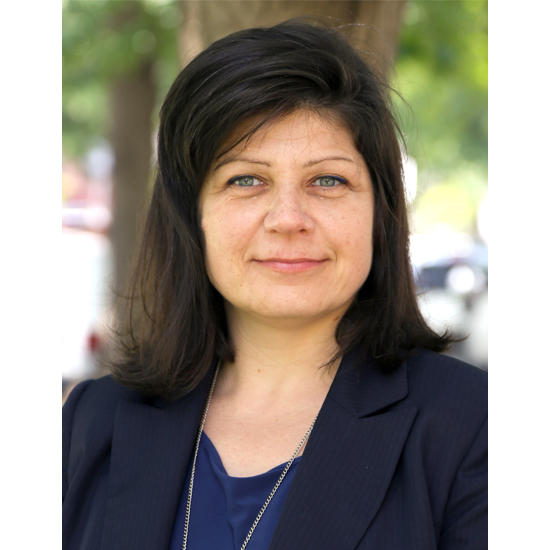
08 Jun HRH2030 Director’s Digest: June 2021
June 2021: Celebrating Six Years
Dear Colleagues,
As we move closer toward the conclusion of USAID’s flagship health workforce program, we have been doing a little looking back, most recently with a successful event last month, Six Years in 60 Minutes: Learning from the HRH2030 Program. It was my pleasure to host this live webinar, along with my team members Leah McManus, Rachel Deussom, and Eckhard Kleinau, and welcome friends and collaborators who have been partners in our success. Our guests included Dr. Francis Omaswa and Dr. Elsie Kiguli-Malwadde of ACHEST, Dr. Tana Wuliji of the WHO, Massimo Pezzoli of the Touch Foundation, and Diana Frymus of USAID. We’ve just published a new blog with highlights from the event that I’m happy to share with you here.
And speaking of events: Yesterday, I presented at the launch of the Gender Equity Hub Policy Action Paper, Closing the Leadership Gap: Gender Equity and Leadership in the Global Health and Care Workforce. I joined speakers from Women in Global Health, the Global Health Workforce Network, the International Council of Nurses, and others, and showcased HRH2030’s research on women’s leadership in Senegal, Jordan and Madagascar. The Gender Equity Hub’s new paper is the result of a public consultation following the 2019 landmark report, Delivered by women, led by men: A gender and equity analysis of the global health and social workforce. I have two personal takeaways in reflecting upon this paper and what I heard yesterday: First, I am grateful that over these past few years, we have broadened how we talk about the heath workforce. Using the term “health and social care” broadens how we see who is “under our tent” in the sector. That matters. My second takeaway: I am painfully aware that even as women make gains into leadership positions, these gains are too often fragile and easily reversed, as we saw in our own research in Senegal. We need women and men to continue to push every day to adopt gender-transformative policies that challenge the underlying causes of the gender gap in health workforce leadership; advance equity within all health workforce cadres; work to end bias, discrimination, and harassment; and close the pay gap between men and women.
Progress in global health – whether in gender equity or better health outcomes – also requires access to accurate, comprehensive data. Having detailed information on the health workforce enables us to put real numbers behind the disparities and opportunities in global health. It also enables a more complete understanding of what we need to achieve better health outcomes. In this month’s issue of our HRH2030 Highlights newsletter, I’m pleased to share a new blog from our Palladium colleague, Stuardo Herrera, writing about how our program has supported the digital transformation of Indonesia’s human resource information system (HRIS). In this issue, we also write about enhancements to Senegal’s HRIS, which are enabling the right health workers to be placed in the right position at the right time. In the rural community of Keur Massar, that means that women needing Cesarean sections are finally getting them at the local referral health center and don’t have to travel hours to receive this skilled care.
Before I close, I want to invite you to the third and final event of the HRH2030 End-of-Program Legacy Series, taking place on June 24, The Health Workforce of the Future. We’ll be joined by USAID’s Acting Assistant Administrator in the Bureau of Global Health, Kerry Pelzman; USAID’s Director of the Office of Health Systems, Kelly Saldaña; the WHO’s Jim Campbell, Director and Co-Founder of Women in Global Health, Dr. Roopa Dhatt and so many others! See for yourself here and don’t forget to register!
Best,
Wanda Jaskiewicz
Project Director, HRH2030






